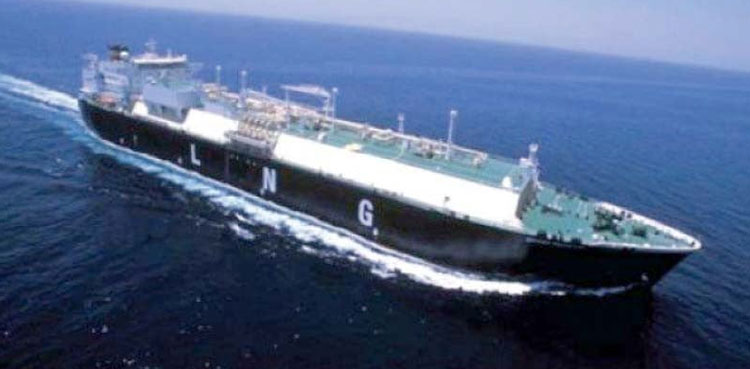
When President Donald Trump sat down to lunch with his Japanese counterpart this month, talk turned quickly to how Tokyo could help realise a decades-old proposal to unlock gas in Alaska and ship it to U.S. allies in Asia.
Trump and his energy tsar Doug Burgum framed the venture as a way for Japan to replace Middle East energy shipments and address its trade imbalance with the U.S., according to two officials briefed on the closed-door talks.
Japanese premier Shigeru Ishiba – eager to ensure a positive first meeting and stave off damaging U.S. tariffs – struck an optimistic note about the Alaska LNG project despite Tokyo’s doubts about its viability.
Ishiba told Donald Trump and Burgum that he hoped Japan could participate in the $44 billion project, said the officials, granted anonymity due to the sensitivity of the talks.
Trump repeatedly mentioned the project in his public remarks after the lunch. Ishiba did not, and there was no reference to it in the official readout of the talks.
Reuters interviews with more than a dozen people, including current and former U.S. and Asian officials, show how the Trump administration is moving to recast economic relations with East Asia by binding regional allies to Washington through increased investment in American fossil fuels, particularly LNG.
The U.S. sales pitch seeks to tap into concerns in Asian capitals about tariffs and the security of sea lanes that carry their energy imports, Reuters found. Details of the behind-the-scenes exchanges and specifics of the U.S. approach have not been previously reported.
While the Alaska LNG proposal faces cost and logistical hurdles, Japan, South Korea, Taiwan and others are buying into the idea of increasing U.S. gas imports more broadly, which could bolster the U.S. economy and blunt the influence of China and Russia.
Japan’s participation in Trump’s emerging strategy would be critical: It is the world’s No.2 LNG buyer, a major investor in energy infrastructure, and a trading hub with a glut of LNG that could help open new markets for U.S. gas in Southeast Asia.
“If the Donald Trump administration were to have its way, U.S. LNG would flow in massive quantities to Japan and South Korea and then would flow downstream…so that Southeast Asia would become economically dependent on the United States,” said Kenneth Weinstein, Japan chair at Hudson Institute, a conservative think tank. “It’s redrawing the map of energy dependence.”
Read more: US envoy meets Zelenskiy after Trump slams Ukraine
In a joint statement with U.S. Secretary of State Marco Rubio on Saturday, Japanese and South Korean foreign ministers agreed to strengthen energy security by “unleashing” America’s “affordable and reliable energy”, particularly LNG. They did not mention Alaska.
White House National Security Spokesman Brian Hughes told Reuters the U.S. “produces some of the cleanest LNG in the world and we believe the Japanese can play an even bigger role in purchasing America’s abundant oil and gas”.
Japan’s foreign ministry declined to comment on the accounts of the Ishiba-Trump meeting. Japan’s trade minister plans to visit Washington next month to seek exemptions from Trump’s tariffs and discuss Japan’s plans to buy more U.S. LNG, Japanese media reported on Thursday.
from International News Today - Breaking News, US News, World News https://ift.tt/2iBoJLk
via IFTTT